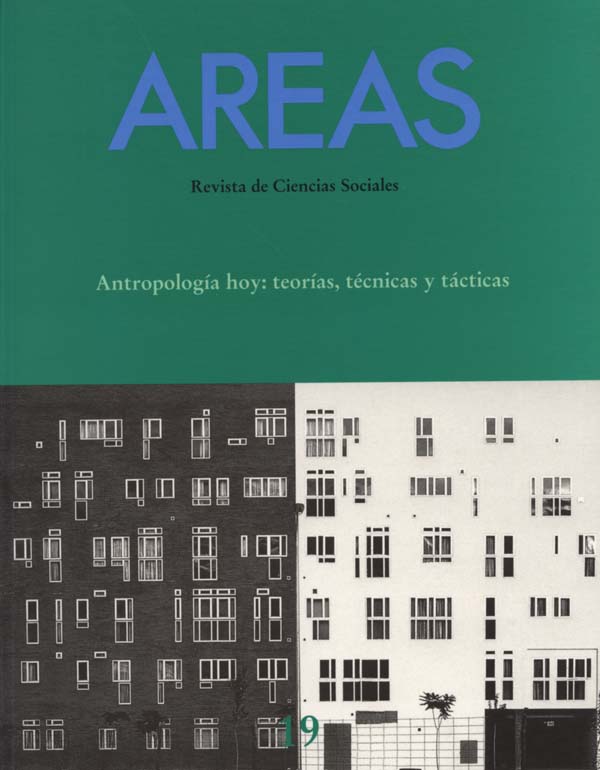THE ROL OF LIFE HISTORIES IN ANTHROPOLOGY
Abstract
In the last decades cultural anthropology has moved from the acceptance of the position that the agents of change were largely located in Western civilizations, while the so-called traditional societies of the Third World and the peasantries of Europe could best be described in static terms, with any dynamic element either merely corresponding to internal cyclical changes or coming from the outside, to models that attribute agency to subaltern societies or part-societies. The recent interest in life history methodologies including testimonials is one attempt to redress traditional biases both in history and in cultural anthropology. In this article we explore some of these studies, including research we undertook in Spain, Bolivia and Germany, and examine the theoretical implications they have for the understanding of the relationship between history and anthropology.
Downloads
-
Abstract1132
-
PDF (Español (España))7309
The published works by this Journal are subject to the following terms:
1. The Publication Service of the University of Murcia (the Editor) owns the copyright of its publications. It promotes and allows its use under the indicated licence in Section 2.
© Servicio de Publicaciones, Universidad de Murcia, 2011
2. Papers are digitally published under the licence Creative Commons Reconocimiento-NoComercial-SinObraDerivada 3.0 España (legal text). They can be copied, used, disseminated, transferred and publically presented if: i) the author is quoted, as well as the original source of publication (Journal, editorial and URL); ii) they are not used for commercial purposes; iii) the licence of use is mentioned.
3. Auto-file Conditions. It is allowed and authors are encouraged to digitally disseminate their pre-print versions (versions prior to review) and/or post-print (reviewed version accepted for its publication) since it promotes its early diffusion and the corresponding increase of quotes and scope within the academic community. RoMEO Colour: green.


